The desert ecosystem in Dubai, despite its harsh appearance, is a delicate balance of life adapted to extreme conditions, threatened by human activities like overgrazing and urbanization. Understanding these vulnerabilities is crucial for implementing conservation strategies that protect natural resources and cultural heritage. Dubai, known for its skyscrapers and opulent lifestyle, has taken the lead in eco-friendly desert conservation through protected areas, advanced water recycling systems, renewable energy sources, and community engagement programs like Dubai Guided Tours. These initiatives showcase sustainable tourism that harmonizes with nature's balance, preserving biodiversity and inspiring stewardship among locals and tourists.
Discover how Dubai is leading the way in eco-friendly desert conservation, transforming the preservation of these delicate ecosystems. From understanding the unique challenges faced by desert habitats to implementing innovative techniques and engaging local communities, this initiative showcases a sustainable approach. Explore successful strategies, including community education programs, that contribute to the future of desert conservation in Dubai, offering insights for global efforts through its inspiring eco-friendly practices, enhancing the experience of popular Dubai Guided Tours.
- Understanding the Desert Ecosystem and Its Vulnerabilities
- Dubai's Leading Role in Eco-Friendly Conservation Efforts
- Innovative Techniques for Sustainable Desert Preservation
- Community Engagement and Education Programs
- The Impact and Future of Desert Conservation Initiatives in Dubai
Understanding the Desert Ecosystem and Its Vulnerabilities
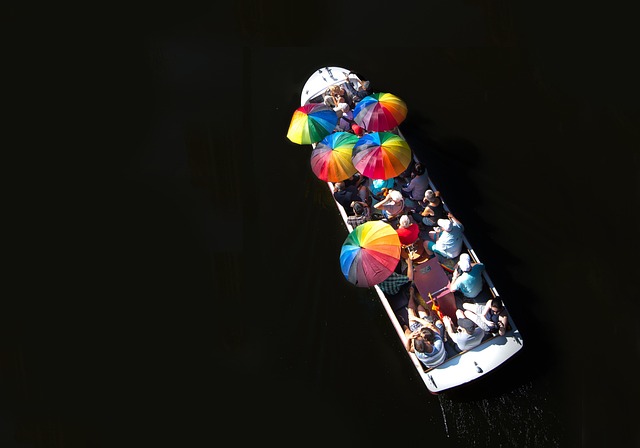
The desert ecosystem, though seemingly harsh and barren, is a delicate balance of life adapted to extreme conditions. In regions like the Middle East, where Dubai Guided Tours often showcase the beauty of the landscape, these ecosystems are particularly vulnerable to human impact. The intense heat, scarce rainfall, and limited water sources make deserts highly sensitive to changes in climate and land use. Human activities such as overgrazing, urbanization, and industrial development can disrupt this fragile equilibrium, leading to soil erosion, loss of native vegetation, and habitat destruction for unique desert species.
Understanding these vulnerabilities is crucial for implementing effective conservation strategies. By studying the interconnections within the desert ecosystem—from the smallest plants to the largest predators—conservationists can develop sustainable practices that protect both natural resources and the cultural heritage these landscapes offer, ensuring that iconic destinations like Dubai remain a marvel for visitors while preserving their ecological integrity for future generations.
Dubai's Leading Role in Eco-Friendly Conservation Efforts
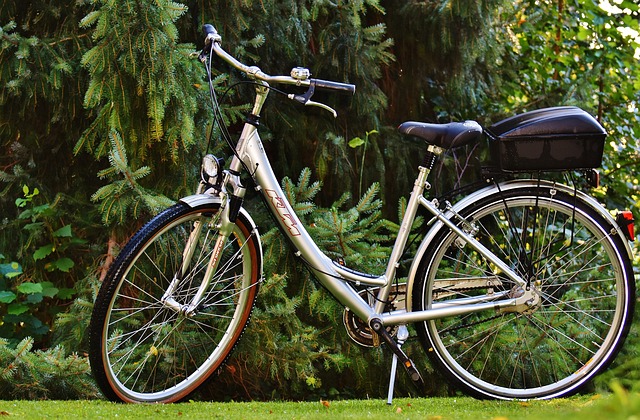
Dubai, known for its towering skyscrapers and luxurious lifestyle, has surprisingly emerged as a leader in eco-friendly desert conservation initiatives. The city’s arid landscape, once seen as a barrier to environmental stewardship, is now being meticulously nurtured through innovative strategies. One notable example is the establishment of various protected areas and national parks that preserve the region’s unique flora and fauna.
These conservation efforts are not just theoretical; they actively involve the community and tourists alike. Dubai Guided Tours, for instance, play a pivotal role in raising awareness among visitors about the importance of sustainable practices in desert ecosystems. By promoting responsible tourism, these tours ensure minimal impact on the environment while offering unforgettable experiences. The city’s commitment to balancing economic development with ecological preservation sets a remarkable example for other urban centers worldwide.
Innovative Techniques for Sustainable Desert Preservation
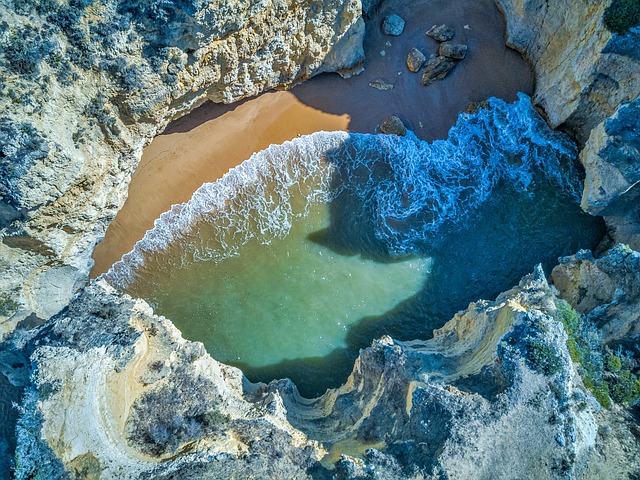
In the quest for eco-friendly desert conservation, innovative techniques are transforming the landscape of Dubai Guided Tours and similar destinations. One cutting-edge approach involves advanced water recycling systems that not only mitigate the region’s severe water scarcity but also support the growth of native plant species adapted to arid conditions. These systems ensure a sustainable water supply for preservation efforts, enabling the revival of once-thriving ecosystems.
Additionally, renewable energy sources are being harnessed to power conservation initiatives. Solar panels and wind turbines are strategically placed to meet the energy needs of research facilities and monitoring stations, reducing the environmental footprint associated with traditional energy generation. This shift towards sustainability aligns with global efforts to combat climate change while safeguarding the unique biodiversity of desert regions, enhancing experiences for visitors engaging in Dubai Guided Tours and similar excursions.
Community Engagement and Education Programs
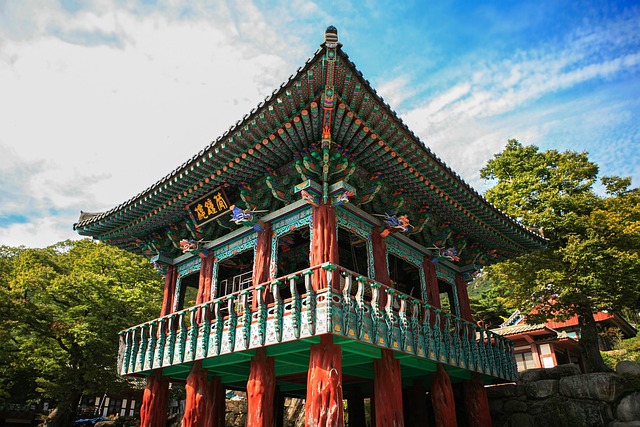
In many desert conservation initiatives, Community Engagement and Education Programs play a pivotal role in ensuring long-term sustainability. These programs focus on involving local communities in the protection and preservation of the unique desert ecosystem. By offering Dubai guided tours and workshops, conservationists can educate residents and visitors alike about the delicate balance of the desert environment and the importance of responsible tourism. Through interactive activities, these initiatives foster a deeper connection between people and nature, encouraging them to become active participants in the conservation effort.
The programs often include educational visits to protected areas, where participants learn about native flora and fauna, sustainable land practices, and the historical significance of the desert. Engaging local schools with fun, hands-on activities helps instill a sense of stewardship from a young age. This holistic approach ensures that future generations not only appreciate but also actively contribute to the preservation of this remarkable natural wonder, including iconic attractions like those found in Dubai’s surrounding deserts.
The Impact and Future of Desert Conservation Initiatives in Dubai
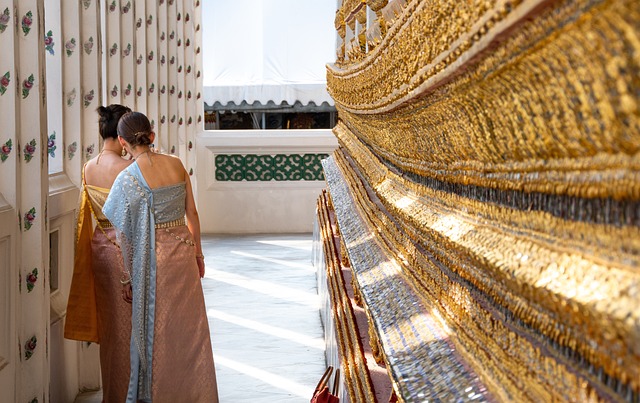
Dubai, a metropolis known for its bustling environment and innovative architecture, has also emerged as a leader in eco-friendly desert conservation initiatives. These efforts are transforming the way we think about preserving fragile ecosystems, particularly in arid regions. Through various projects, Dubai is showcasing how sustainable tourism can coexist with nature, offering visitors unique experiences while protecting the region’s rich biodiversity.
The city’s commitment to conservation includes the development of eco-conscious infrastructure and the implementation of strict environmental policies. One notable example is the promotion of Dubai Guided Tours that focus on educational and low-impact experiences, allowing visitors to explore the desert without causing harm to the delicate landscape. These initiatives not only ensure the long-term health of the desert ecosystem but also inspire a sense of stewardship in both locals and tourists alike.
Dubai, through its pioneering eco-friendly desert conservation initiatives, is setting a global example for sustainable preservation. By combining scientific understanding with innovative techniques and community engagement, the city aims to protect the delicate balance of the desert ecosystem while promoting responsible tourism through Dubai Guided Tours. These efforts not only safeguard the natural beauty of the region but also ensure that future generations can continue to appreciate and benefit from this unique environment.
